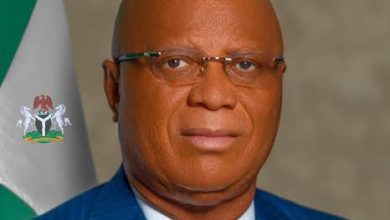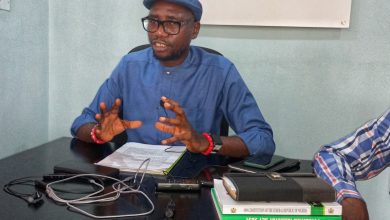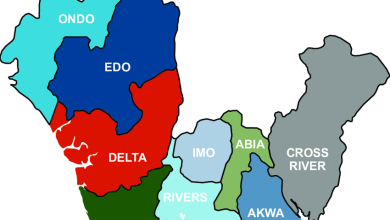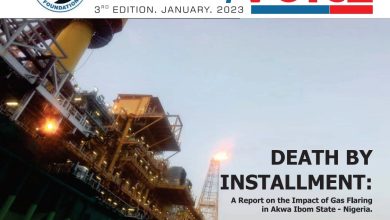Unemployment Saga: Renowned Scholar, Prof. Inyang Faults NBS’ Rating Of Akwa Ibom
By Edidiong Albert
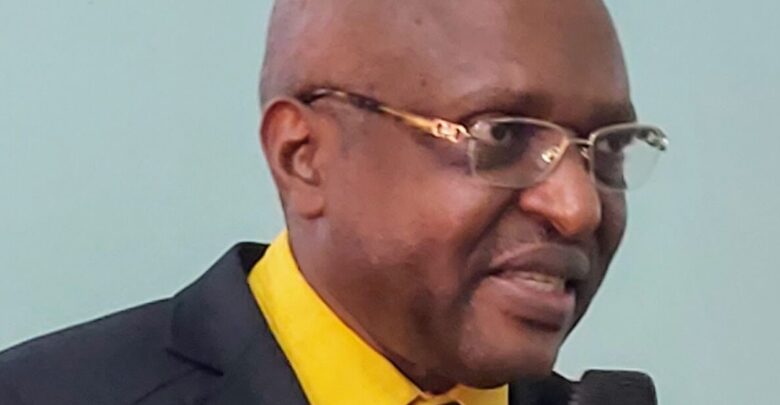
A professor of environmental engineering and internationally renowned scientist (EEIRS), Professor Hillary I. Inyang, has faulted the recent report by the National Bureau of Statistics (NBS) listing Akwa Ibom State as the second highest in unemployment rating in Nigeria.
According to the controverted NBS’s study report, unemployment in Akwa Ibom stood at 42.5 per cent, thus being ranked as the second highest out of 36 states and Abuja in Nigeria.
The Akwa Ibom government did not accept the rating and had to issue a statement through the state commissioner for information, Mr Ini Ememobong, disclaiming the statistics of the bureau.
Related: Tackling Unemployment Epidemic In Akwa Ibom
X-raying the NBS’s rating at a press briefing in Uyo, the state capital, the world-renowned scholar, Professor Inyang, who quoted several international reports and statistics, including those by World Bank, rebutted the report by NBS on Akwa Ibom on the grounds that it lacked depth and accuracy.
According to Inyang, a fellow of the African Academy of Science and US Ambassador’s Distinguished Scholar to Ethiopia, the NBS study was inadequate to make valid conclusions on the true status and ranking on employment rates in all states of Nigeria including Akwa Ibom.
He observed that, “The flaws are much more in the interpretation and use of the result than in the ranking of data derived from the scoping study.
“A study that is based on a sample of less than 0.0881 per cent of Nigeria’s population by telephone calls is inadequate for use in rankings and appreciation of true circumstances with employment in Nigeria.
Related: At 33, Akwa Ibom Set to Host Africa’s Largest Automobile Manufacturer
“Earlier studies; two-eight years ago, which involved larger samples ranked Akwa Ibom State among the top 50 per cent in Nigeria in terms of employment and wealth distribution of her citizens.
“It is likely that the scoping study by its methods (telephone calls) failed to adequately sample the major fraction of Akwa Ibomites who are engaged non-formally in agriculture 29.7 per cent and trade 32.2 per cent.
Inyang, at the press briefing organised by the Akwa Ibom Think Tank on Education in collaboration with the National Population Commission (NPC), which took place at Emrosy Hotels, Shelter Afrique, Uyo, recently, said that indeed a detailed multi-agency study led by the World Bank on the wealth distribution in Nigeria performed in 2016-2017 indicates that Akwa Ibom State has a much smaller fraction of people in the poorest quintile of wealth than 23 of the 36 states and the Federal Capital Territory of Nigeria.
He said that “The same study also indicates that Akwa Ibom State ranked 17th among all the states of Nigeria in terms of the richest quintile of the wealth index. There is a positive correlation between wealth and employment rate. It is inconceivable that within two years the employment rate would have degenerated to a level that puts Akwa Ibom State at the rank of number 36. Thus the NBS study has been misinterpreted.”
He further noted that “A sample size of 18,500 households at best (with a household population of 10 each) represents a population of 185,000 Nigerians out of a total national population of about 210 million.
“That ratio (185,000/210,000,000) is 0.000881 or 0.09 per cent of the total Nigerian national population and grossly inadequate as a representative sample size that can yield results on which statistically valid conclusions can be made.
“As a matter of fact, even the scoping level estimate made by NBS is for one out of four quarters of the year and grossly inadequate for use in making general conclusions on the unemployment rate of any state, including Akwa Ibom State.”
According to him, “All political jurisdictions, be they at the local government, state, national or continental level are strife to attain sustainable development which, in its barest of definitions is a combination of four major pillars: economic development, population management, environmental sustainability an, equity”.

